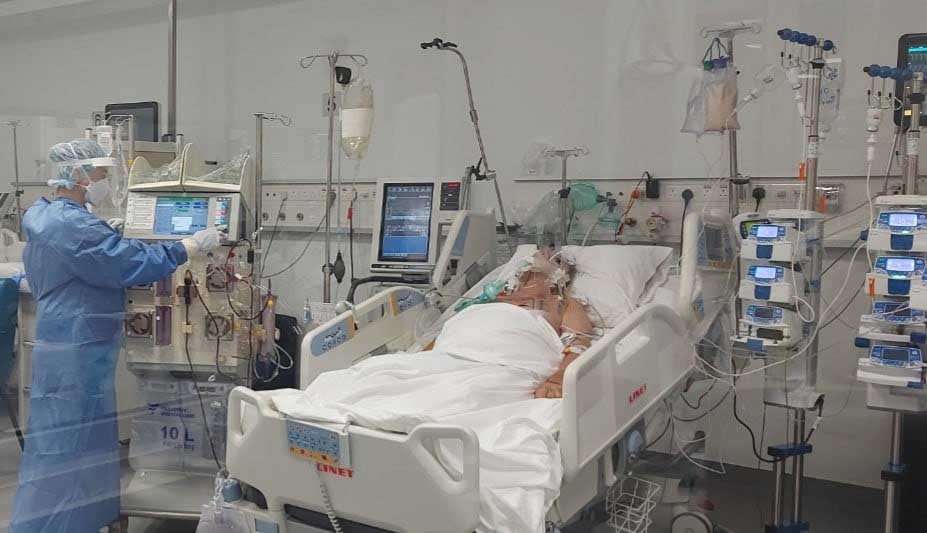The health insurance organisation (HIO), it emerged on Tuesday, has instructed all hospitals to cut down on surgeries requiring intensive care unit (ICU) stays.
The organisation stated that ICU bed occupancy across all medical centres is close to capacity on a daily basis, Philenews reports.
“The HIO calls on all contracted providers to proceed with a reduction in surgeries that require post-surgery hospitalisation in an ICU, following the determination that most Gesy-contracted hospitals have high occupancy,” the HIO stated in its circular to providers.
The state hospital insurer further recommended that incidents be strictly prioritised based on urgency.
The measure aims to free up ICU beds by slowing down planned surgeries, in order to pre-empt a shortage of emergency beds available.
HIO clarified that the recommendations do not impact day surgeries which do not require aftercare in an ICU.
The measure will be in place until April 24, HIO stated, with the possibility of extension after the situation is re-evaluated.
The organisation had been monitoring the problem for several months, Monica Kyriacou, HIO senior officer told Phile, and had seen the availability of ICU beds, in both state and private Gesy-contracted hospitals, decline.
The reason, Kyriacou said, was that urgent and unusual cases, which could previously be referred to private hospitals, must now be served within Gesy.
An uptick in rates of infection of vulnerable patients with comorbidities, as well as an increase in neurosurgical cases combined with the influx of patients from A&E departments, have created this situation, the HIO representative said.
Additionally, domestic performance of surgeries previously referred to medical centres abroad, have increased the pressure on the system, with more ICU units needed, Kyriacou said, even though the number of available beds has been increased considerably.
The first step in coping with the increased pressure is to establish whether current management of ICU beds is done efficiently, Kyriacou said.
For his part, head of the private hospitals association (Pasin), Marios Karaiskakis, said they would attempt to follow the HIO recommendation, however, saving ICU beds for emergency situations was not always feasible.
ICUs usually admit patients with serious conditions whose surgeries cannot be delayed or postponed for long, Karaiskakis said.
This is a critical matter, he said, which involved the proper planning and allocation of beds by each hospital, however, one which needs to be addressed comprehensively by HIO and the health ministry.







Click here to change your cookie preferences